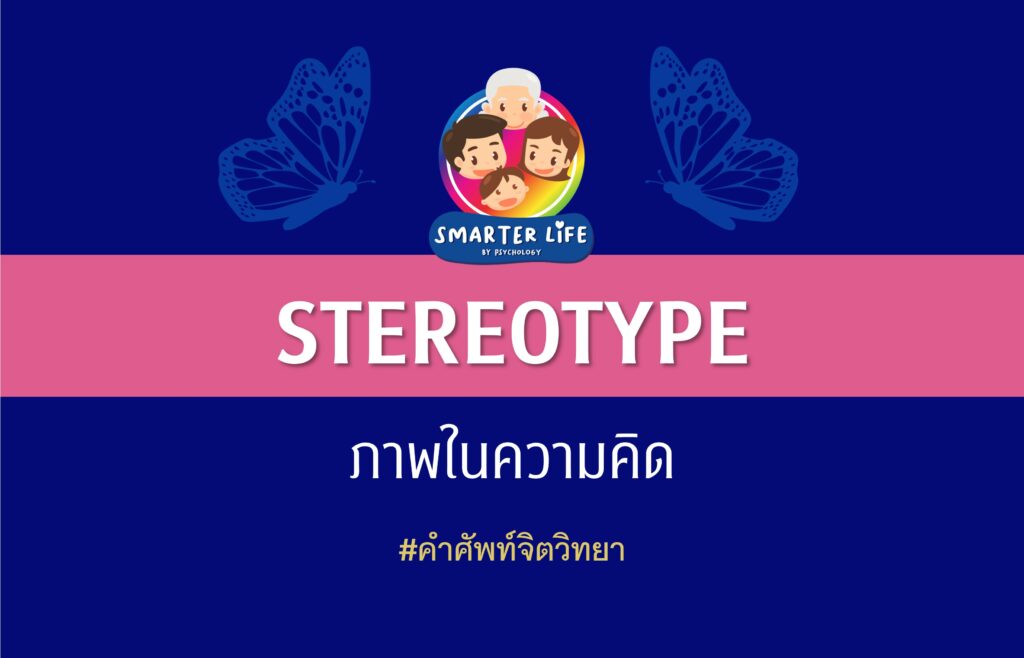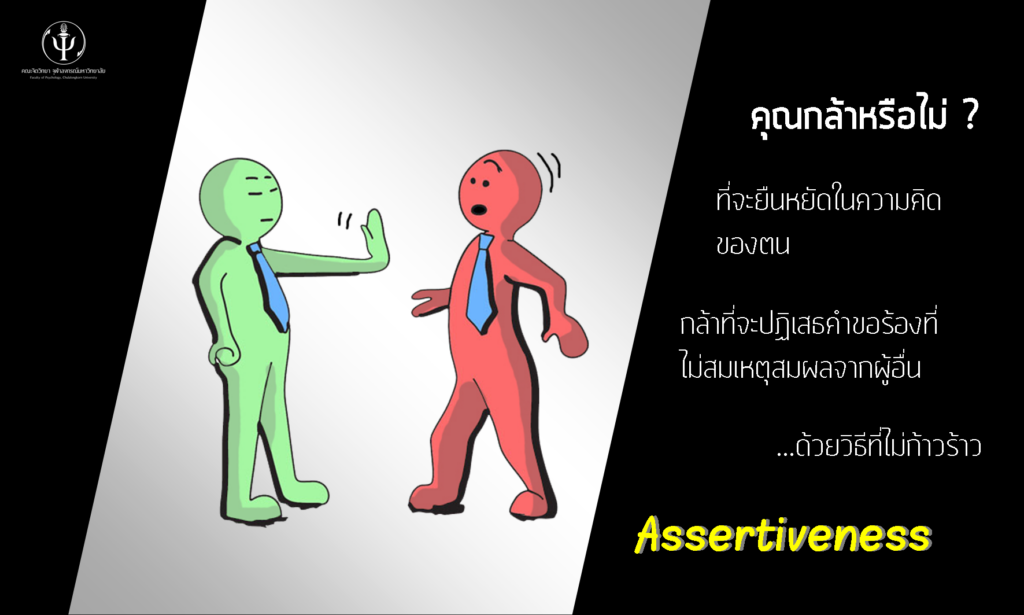When people engage in public discourse, they do so with different motivations and goals. For example, consider Jane protesting on social media about the harmful nature of single use plastic straws. Jane argues that other people should be ashamed if they use plastic straws because of their impact on the environment and she states her commitment to boycott any vendors that serve plastic straws. What is motivating Jane’s moral talk here? She may be motivated to state her beliefs in the hope that this enhances shared understanding and, ultimately, improves other people’s moral behaviour. However, she may also be motivated to express her moral beliefs because they signal her heightened moral credentials and she believes that others will admire her moral respectability. Moral discourse that is underpinned by the desire to gain recognition and status is called moral grandstanding.
What are the consequences of moral grandstanding for moral discourse?
Moral grandstanding is argued to contribute to a wide range of negative outcomes for public discourse. First, moral grandstanding contributes to excessive displays of moral outrage as people compete to express their superior moral credentials. For example, a recent NY Times article (also printed in the Bangkok Post) caused a stir among many Thai netizens who took to social media outraged at the portrayal of the country’s fruits. Let us imagine an individual who reads this article and initially thinks it was poorly written and perhaps somewhat ignorant of Thai culture. They wish to publicly share their moral opinion with others so they open social media where they encounter many other people who are taking strong stances and decrying the article as “racist”, or are “…shocked it was published”. If they now want to stand out and be recognised for our own moral respectability, it is suddenly not enough to say we didn’t agree with the article, instead we must adopt a stance that is ever more extreme and outraged (up to a limit) than others. Put simply, there can become a moral arms race that leads to the ramping up of moral outrage. Second, when people are looking for ways to appear more morally respectable and virtuous than others they may express outrage and indignation about issues that are not truly deserving of such condemnation. For the moral grandstander, being indignant about issues that others don’t recognize as a societal problem is simply a sign of their superior moral sensitivity. Third, consider an individual being publicly shamed (i.e., on social media) for a transgression. Despite tens or hundreds of comments that are already shaming the person, many people still feel compelled to pile on and add their comment of condemnation, either repeating what others have already said or agreeing with their condemnation. What purpose does this serve? One function of piling on is that it signals to others that they are aligned with the “right side” of the moral argument and they share the perspective their ingroup adopts on an issue. Again, this is not to say that every person who comments on the latest viral outrage is doing so for selfish motives. In Thai culture – where behaviour is strongly guided by prevailing social norms – shaming may also serve an important function in communicating group norms and regulating behaviour when people violate these norms.
In summary, moral grandstanding can encourage public discourse to become more extreme and more polarised. Further, one of the consequences of moral grandstanding is that it can ultimately lead to increased public cynicism towards moral discourse. As people more frequently suspect moral talk is being used in order to gain status, and witness cases of moral hypocrisy where people talk the moral talk but don’t walk it, everyday contributions to moral discourse are viewed as increasingly insincere.
What are the consequences of moral grandstandingfor the moral talker?
Despite the negative outcomes that moral grandstanding may have for moral talk in general, little is known about the interpersonal consequences of engaging in moral grandstanding. In other words, do people ever benefit from their grandstanding behaviour or do their efforts backfire? Although there are no published studies directly addressing this question, when we are trying to evaluate others based on their moral talk, several factors are probably relevant for deciding whether we judge them positively or negatively. First, we may use cues of the individual’s authenticity; if we know (through experience) that a person only ever declares their moral views for issues they have a strong belief in and they are also a person who acts on these beliefs, then we are likely to respect their contributions to moral talk. This will help us to distinguish whether their expressions of indignation are genuine or strategic. In contrast, past experience that indicates the person is hypocritical and inauthentic will make us much more cynical about their contributions to moral talk. The part where it gets tricky is that much of moral discourse occurs online with people we don’t know (or who are anonymous) and where we lack good indicators of their authenticity. However, here we are still likely to use various heuristics and cues to infer their authenticity (e.g., we might try to judge their motives based on their profile image, or we may look at their past comments on other issues as an indicator of their consistency, etc.). In addition, we are likely to view moral grandstanding more favourably when the moral argument being presented is one we agree (as opposed to disagree) with. For example, there were several instances in 2019 where people expressed their outrage at the presence of Begpackers on Thailand’s streets. Whether you view the people making these expressions of outrage in a positive or negative light will depend to a large degree on your shared values and whether you think the behaviour they are decrying is morally acceptable or not.
Prestige and dominance-based moral grandstanding.
Researchers have also identified that moral grandstanding can be expressed using either prestige or dominance-based motives. This distinction between prestige and dominance-based strategies is a broader theme in explaining human behaviour in social hierarchies but applied to moral grandstanding it can account for important differences in the way moral grandstanding is displayed. Individuals may seek moral prestige and hope that others will recognise their superior moral credentials and they go about seeking this recognition by openly displaying positive moral qualities. However, another way of attaining social status through moral grandstanding is by seeking dominance over others; here, moral talk is used as a tool to silence, shame, derogate and intimidate others. In other words, individuals may strive for social status by either elevating their own moral status or bringing others down. Recent work has shown that individuals vary in their stable disposition to engage in prestige and dominance based moral grandstanding; click here, if you wish to test yourself!
How can you tell if someone else is moral grandstanding?
In short, it’s tricky! Because moral grandstanding depends critically on the person’s motive (i.e., whether they are using discourse to gain status), it’s not possible to be certain if someone is moral grandstanding (or not) simply from their discourse. When people engage in moral grandstanding they typically do so indirectly. Using social media to declare how you are more morally respectable than your peers would be a poor strategy for actually gaining their admiration of your moral values. Rather, moral grandstanding is typically expressed through displays of indignation and their moral stances Thus, in the absence of insight into a person’s motivation, it’s hard to determine whether they are actually moral grandstanding, as opposed to simply stating their moral belief without wishing to gain status from it. Arguably, the only way you might be able to infer whether their moral talk is motivated by the desire for status is if you see their disappointment at the absence of any recognition!
Advice.
What advice can I offer to improve moral discourse? Because it’s hard to ever be certain whether someone is grandstanding or not, using the information in this article to try and identify grandstanders isn’t especially helpful or productive. Perhaps the more important thing is to realise that all of us can sometimes use moral talk for selfish, status-based motives and we should aim to reflect and think carefully about what our motives are and what effect our contribution to a discussion is having. Are we trying to improve shared understanding, or are we piling on and ramping up the moral discourse? If it’s the latter then it’s time to reflect on whether we need to add our voice to the discussion.
บทความโดย
Dr. Harry Manley
Faculty of Psychology, Chulalongkorn University
About the Author.
Harry Manley is a lecturer in the Faculty of Psychology at Chulalongkorn University. Twitter @harrisonmanley





